
How To Make Homemade Pizza:Essential Tips and Precautions
Learn how to make homemade pizza with a simple, delicious recipe that rivals your favorite restaurant! This dough is a breeze to prepare and bakes

The embossed rolling pin is more than a baking tool; it’s a conduit of creativity in the kitchen.
In this comprehensive guide, we delve deeper into the contrasting worlds of wooden and metal embossed rolling pins.
This exploration will empower you to choose the best fit for your baking style and needs, ensuring that your pastries not only taste delicious but also look stunning.
Exploring the physical and aesthetic properties of wood and metal to understand their influence on the functionality of embossed rolling pins.
Wooden embossed rolling pins are revered for their natural beauty and unique patterns. Each pin tells its own story through its grain and texture.
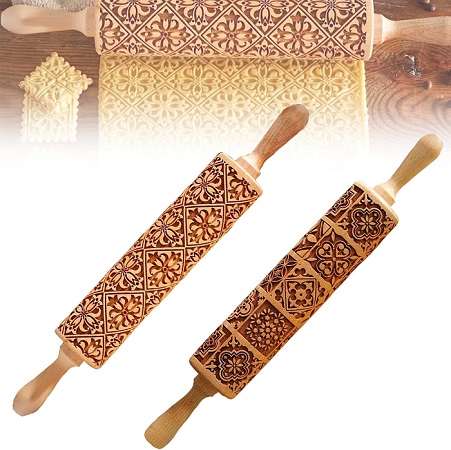
However, these rolling pins can be sensitive to moisture and might require more care to prevent splitting or molding.
Metal embossed rolling pins offer a combination of durability and sleek design.
They are ideal for those who appreciate a modern look and require a sturdy tool that can withstand the rigors of frequent baking.
Their resilience to environmental factors such as humidity and temperature changes is a significant advantage.
Examining the comfort and control each type of embossed rolling pin offers, focusing on ergonomics, balance, and efficiency.
Wooden rolling pins provide a natural and warm touch, often preferred for their lightweight and ergonomic design.
They offer a comfortable grip, which is particularly beneficial for intricate rolling work but may require more effort for stiffer doughs.
Metal rolling pins excel in precision and control.
Their weight aids in the effortless rolling of dough, making them ideal for achieving uniform thickness and intricate designs.
Their smooth surface ensures that dough does not stick, enhancing the overall ease of use.
Offering insights on the longevity and maintenance needs of wood and metal embossed rolling pins.
Maintaining a wooden embossed rolling pin involves regular oiling with food-safe oils and avoiding exposure to extreme temperatures.
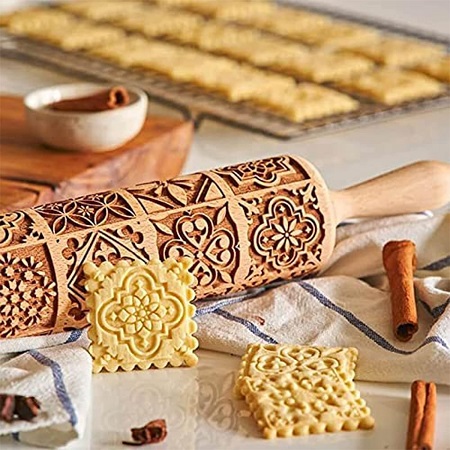
Proper storage is key to preventing warping and cracking, ensuring that your wooden pin remains a reliable baking companion for years.
Metal rolling pins are a testament to enduring quality. Their resistance to wear and tear makes them a practical choice for bakers who value longevity and ease of care.
They are generally dishwasher-safe and require minimal maintenance, saving time and effort in a busy kitchen.
Analyzing which types of dough and baking projects are best suited for wood and metal embossed rolling pins.
Wooden embossed rolling pins are particularly well-suited for artisan baking projects and delicate doughs.
Their gentle pressure is perfect for making traditional cookies, pie crusts, and other pastries where a light touch is crucial.
Metal rolling pins are the go-to choice for diverse and demanding baking tasks.
They are exceptionally effective with tough or sticky dough and are perfect for creating consistent and intricate designs on pastries.
Discussing the cost and availability of wood and metal embossed rolling pins in the market.
Wooden embossed rolling pins can range from affordable to high-end, depending on the quality of wood and craftsmanship. Artisan-made wooden pins may come at a premium but offer unique designs and superior quality.
Metal embossed rolling pins are often viewed as a long-term investment.
While their initial cost might be higher, their durability and versatility justify the expense, particularly for serious bakers who use them frequently.
Exploring the environmental and ethical implications of choosing between wooden and metal embossed rolling pins.
The production of wooden rolling pins has environmental implications, particularly concerning deforestation and sustainability.
Choosing rolling pins made from certified sustainable wood sources is crucial for minimizing ecological impact.
Metal embossed rolling pins have an industrial footprint that includes the energy-intensive processes of mining and manufacturing. However, their recyclability and long lifespan can mitigate some of these environmental concerns.
Evaluating the efficiency of wood and metal embossed rolling pins in various baking scenarios.
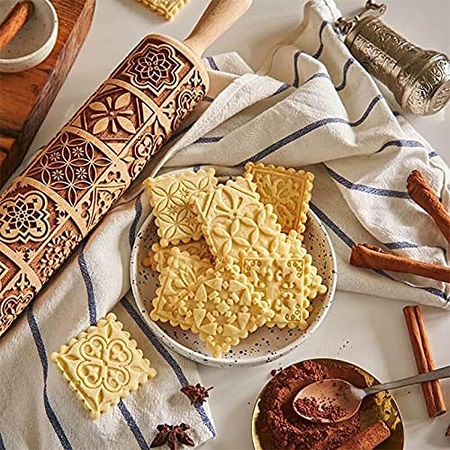
Wooden rolling pins are efficient in traditional baking settings, where their lightweight and natural texture make them ideal for creating classic patterns on soft doughs like shortbread and sugar cookies.
Metal rolling pins offer superior performance in modern baking environments.
Their heavy-duty construction and non-stick properties make them perfect for handling challenging doughs and achieving precise embossed patterns.
Considering the aesthetic appeal of wood and metal rolling pins and how they can inspire your baking.
Wooden embossed rolling pins have an artistic allure that can inspire creativity in baking. Their unique wood grains and handcrafted designs add a touch of elegance to the kitchen.
Metal rolling pins bring a contemporary charm to the kitchen.
Their sleek and modern design appeals to bakers who enjoy a minimalist and professional aesthetic.
Discussing the health and hygiene aspects of wood and metal rolling pins and their impact on food safety.
The porous nature of wood can be a concern for hygiene. Wooden rolling pins require thorough cleaning and drying to prevent bacteria growth, making them less ideal for doughs that are sticky or contain raw ingredients like eggs.
Metal rolling pins have a hygienic advantage due to their non-porous surface. They are easy to clean and sanitize, making them a safer choice for handling various types of doughs, especially those that are prone to sticking.
In conclusion, both wooden and metal embossed rolling pins have their unique advantages and considerations.
Whether you opt for the traditional warmth and artisan feel of wood or the modern efficiency and durability of metal, your choice of embossed rolling pin should reflect your personal baking philosophy and style.
Embrace the qualities of your chosen material to enhance your baking journey, ensuring that each pastry you create is not only a treat to taste but also a feast for the eyes.
Q1: How do I know if a wooden embossed rolling pin is made from sustainably sourced wood?
A1: To ensure a wooden embossed rolling pin is made from sustainably sourced wood, look for certifications like FSC (Forest Stewardship Council) or PEFC (Programme for the Endorsement of Forest Certification) on the product or the manufacturer’s website. These certifications indicate that the wood has been sourced following responsible forestry practices.
Q2: Can metal embossed rolling pins be used with all types of dough, including gluten-free?
A2: Yes, metal embossed rolling pins can be used with all types of dough, including gluten-free. Their non-stick surface and even pressure distribution make them versatile for various dough types, ensuring consistent results regardless of the dough’s composition.
Q3: Are there any special techniques for cleaning and maintaining an embossed rolling pin to preserve the intricate designs?
A3: To clean and maintain an embossed rolling pin, especially one with intricate designs, use a soft brush or a piece of cloth to gently remove any dough residues.
Avoid using abrasive cleaners or scrubbers that can damage the patterns. For wooden pins, ensure they are completely dry before storing to prevent mold and warping.
Q4: Is there a significant difference in the weight between wooden and metal embossed rolling pins, and how does this affect rolling?
A4: Metal embossed rolling pins are generally heavier than wooden ones. This extra weight can be beneficial when rolling out tougher doughs, as it requires less manual effort to achieve an even thickness.
However, for those who prefer a lighter tool, a wooden rolling pin might be more suitable.
Q5: Are there any innovations or advancements in embossed rolling pin designs that enhance baking efficiency or aesthetic outcomes?
A5: Recent advancements in embossed rolling pin designs include adjustable handles for better grip and control, as well as interchangeable embossing patterns allowing for greater creativity and customization in baking.
Some modern designs also feature laser-engraved patterns for more precise and intricate designs, enhancing both the efficiency and aesthetic outcomes of baking projects.


Learn how to make homemade pizza with a simple, delicious recipe that rivals your favorite restaurant! This dough is a breeze to prepare and bakes
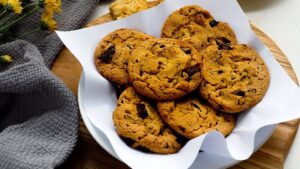
Have you ever felt like a screaming cat in the kitchen, especially when your biscuit attempts seem more like baking blunders? Well, it’s time to

Every baker knows that a rolling pin can be both a best friend and a formidable foe in the kitchen. Mastering the art of removing

As the holiday season approaches, the charm of Christmas decorating candy becomes irresistible. It’s not just about the sweetness; it’s about adding a personal touch
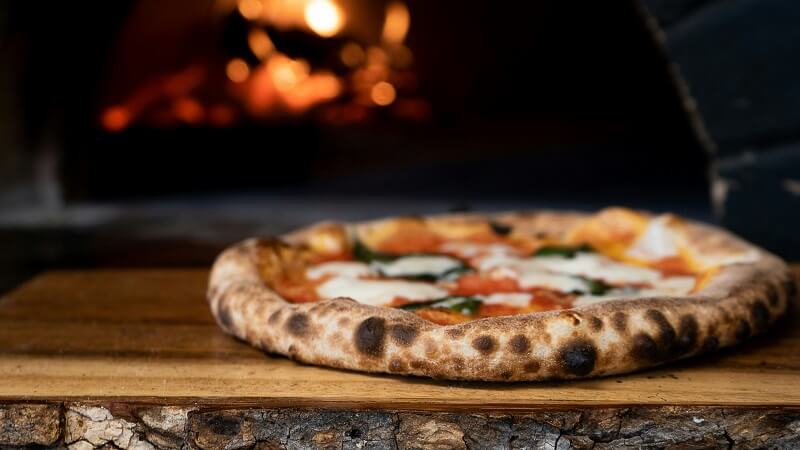
Learn how to make homemade pizza with a simple, delicious recipe that rivals your favorite restaurant! This dough is a breeze to prepare and bakes
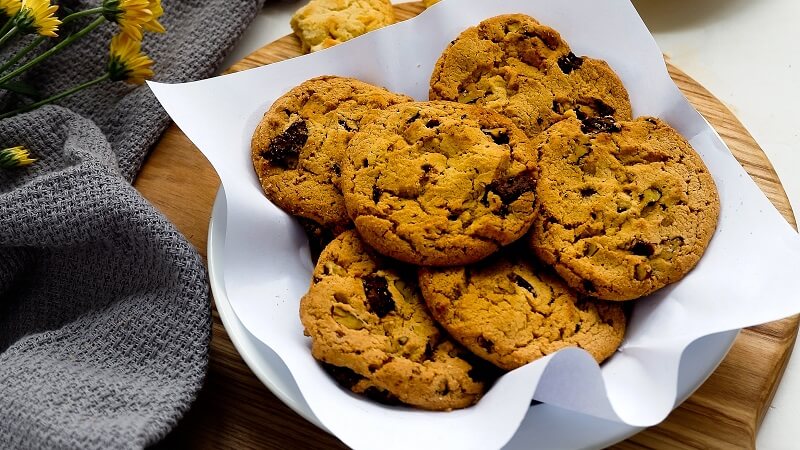
Have you ever felt like a screaming cat in the kitchen, especially when your biscuit attempts seem more like baking blunders? Well, it’s time to
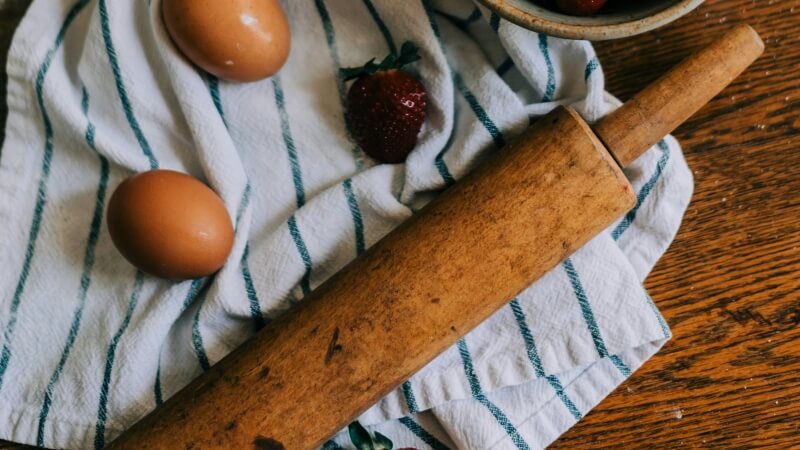
Every baker knows that a rolling pin can be both a best friend and a formidable foe in the kitchen. Mastering the art of removing

As the holiday season approaches, the charm of Christmas decorating candy becomes irresistible. It’s not just about the sweetness; it’s about adding a personal touch
Copyright © 2024 bakemasterrollingpin. All Rights Reserved.